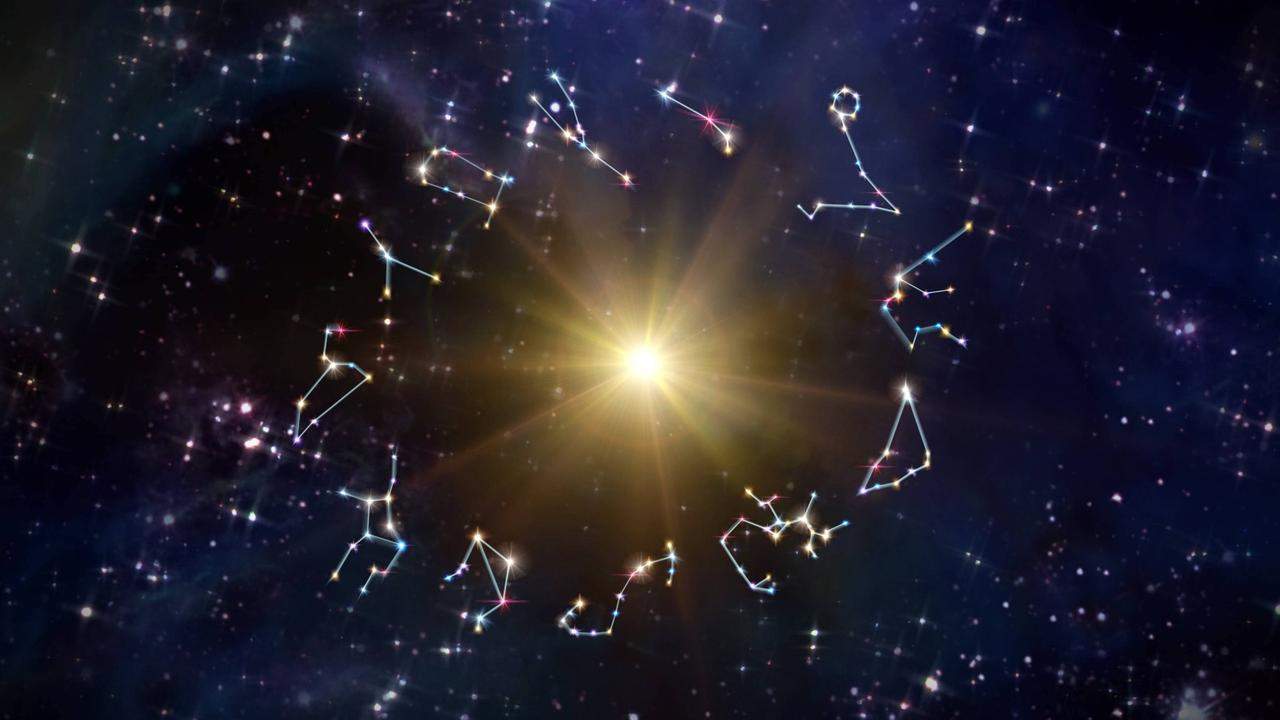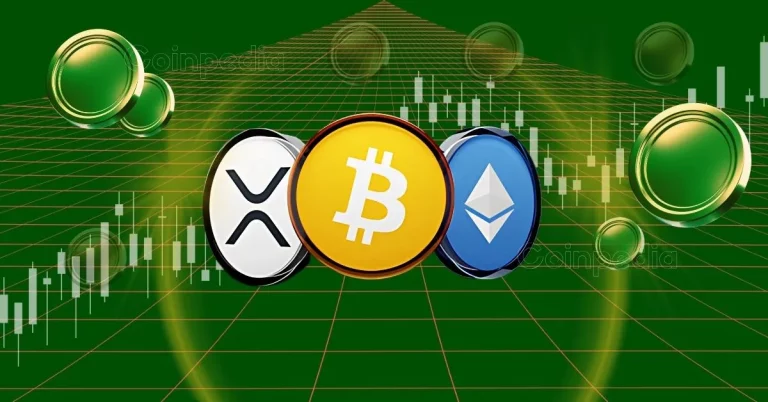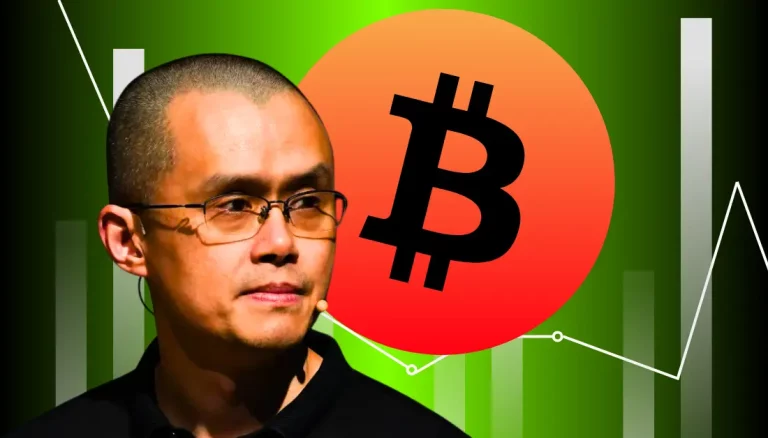
According to a survey by YouGov, 61 percent of 18 to 24-year-olds believe personality correlates with star signs compared to 30 percent of those over 55. Bremen business psychologist Dr. Liesa Schleker suggests the recent astrology boom among young people is driven by a need for certainty. In politically uncertain times, young people experience an increased need for spiritual support, seeking emotional and mental tools to provide a sense of safety.
Schleker notes societal structures, gender stereotypes, and roles are being reevaluated. Astrological signs offer simple categorizations providing a sense of safety. Older generations grew up in more rigid structures and have their worldviews.
Social media platforms such as TikTok fuel the astrology trend with numerous videos on natal charts, zodiac sign dating advice, and esoteric product recommendations. The spread of spiritual content is fostered by algorithms highlighting controversial topics, enabling greater engagement. Spirituality satisfies not only a need for security but also for connection, particularly following the Covid-19 crisis.
The seemingly personal relationship between influencers and followers can generate value for specific products. Crystals, tarot cards, and healing stones suddenly seem meaningful. Companies, brands, and the economy quickly recognize and capitalize on these needs.
Spirituality is beneficial as it provides support and positive influence, but problems arise when it takes over, restricts daily life, leads to isolation, or ends with spendingor excessively spiritual products.
Esotericism, as a belief system, claims to own a hidden truth and aims to enable further consciousness levels, leading to the risk of slipping into conspiracy theories. It can act as a religion alternative for some, but it can veer towards extremist views for others.






